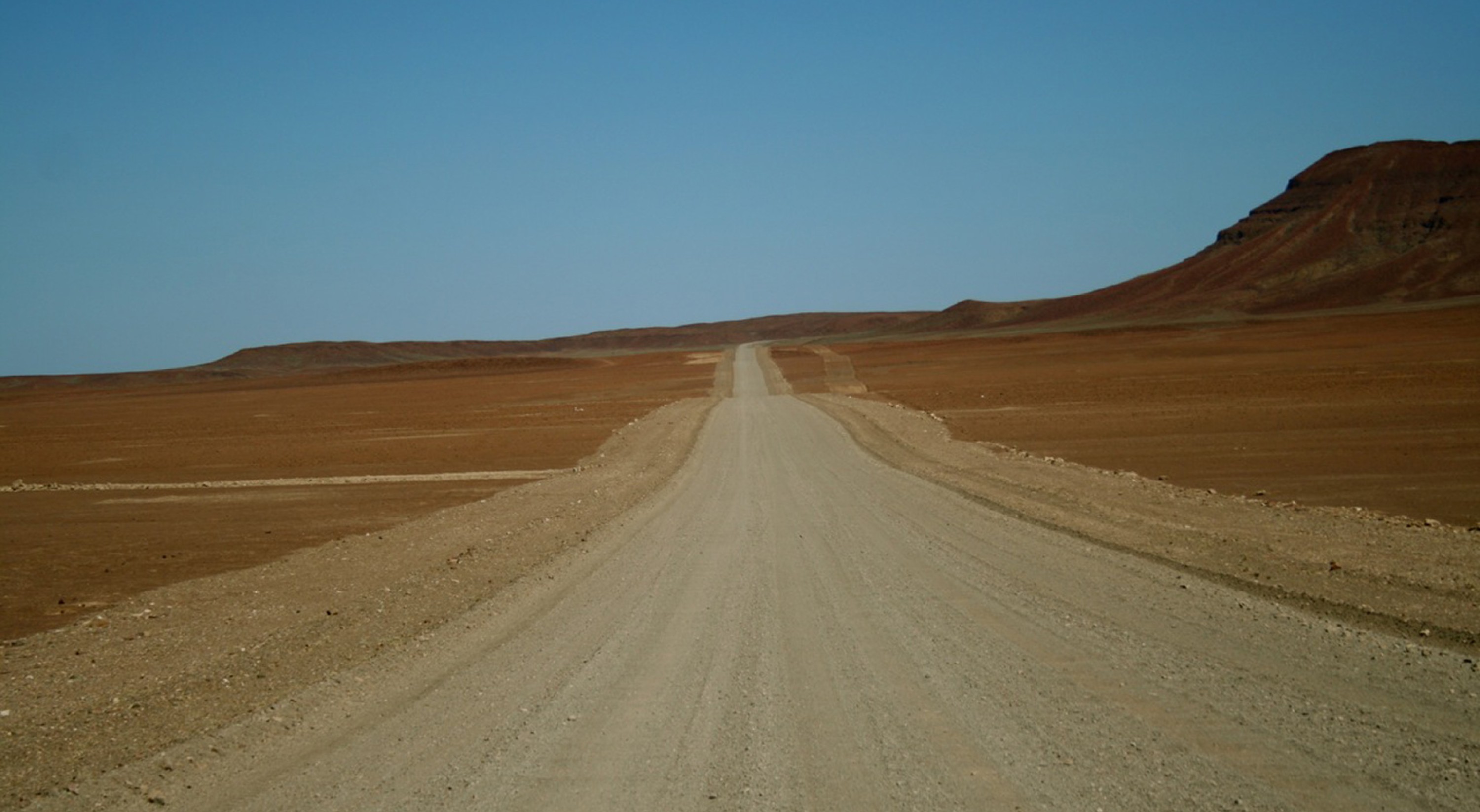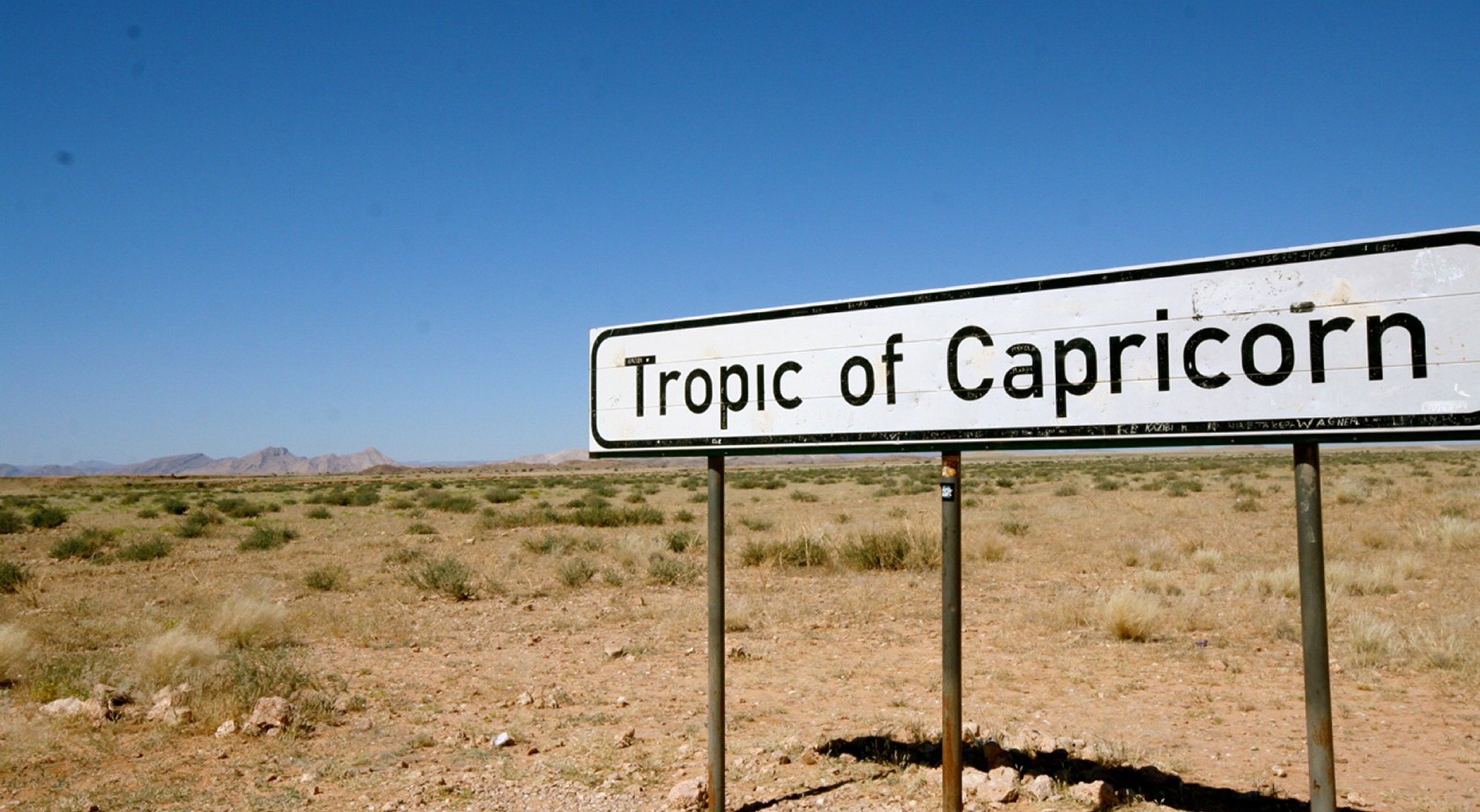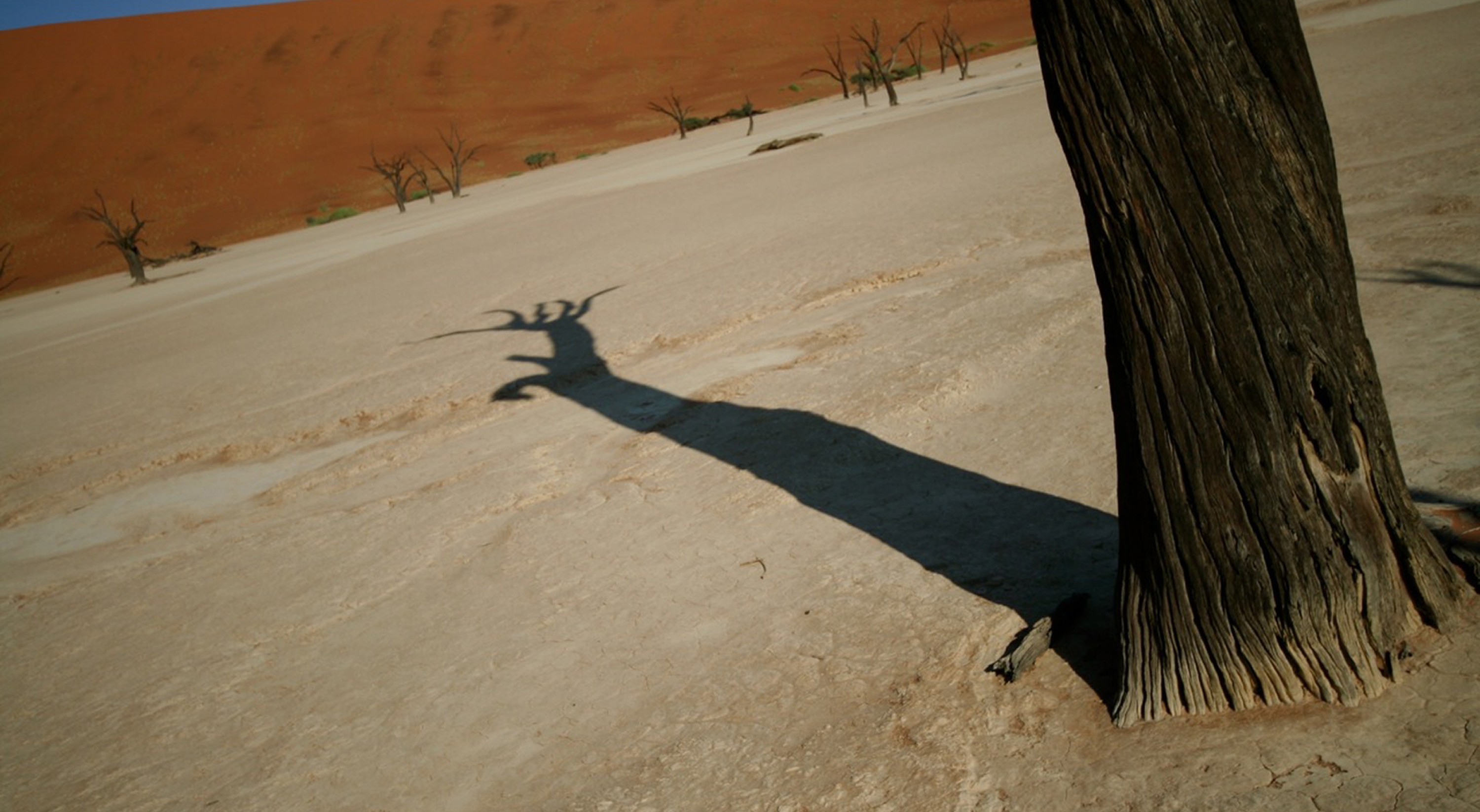Aristide Tarnagda
Pistes... de Penda Diouf
julyjuly 6 – 11
Pistes...
Direction, Aristide Tarnagda
Text, Penda Diouf
With Nanyadji Kagara
Lighting, Mohamed Kaboré
Produced by Théâtre Acclamations
Coproduced by Théâtre Jean Vilar de Vitry-sur-Seine ; MC93 – Maison de la Culture de Seine-Saint-Denis (Bobigny) ; La Comédie de Valence, centre dramatique national Drôme-Ardèche ; Les Récréâtrales (Ouagadougou)
Coréalisation MC93 - Maison de la Culture de Seine-Saint-Denis (Bobigny) ; and Festival d’Automne à Paris
With the support of Coopération Suisse in Burkina Faso
First performed on the 29th November 2019 at Théâtre Jean-Vilar de Vitry-sur-Seine
In Pistes by Penda Diouf, Aristide Tarnagda brings to the stage a play about resilience that it is both intimate and political. It is a monologue about the courage to come face to face with one’s own demons. But it is also a road-trip across Namibia, the place of the first genocide of the 20th century, that of the Hereros and the Nanas.
How can we confront the past in order to rebuild ourselves? In Pistes, the Franco-Senegalese dramaturge Penda Diouf looks into the issue of bravery in a personal way and sheds light upon all the things that she has always kept hidden from view, her years of suffering, depression and fear of meeting the challenge of life. She plunges deep into her inner self and journeys through the intricacies of the various memories that have shaped this memory of hers which has been slayed. It is this process which allows her to rebuild herself. In a discreet manner, the young lady testifies to her weaknesses. Memories come back to her. As an adolescent, she used to admire the sprinter Frankie Frédéricks and the way he exceled on athletics tracks across the world. She decides to go on a road-trip in Namibia in the footsteps of the champion. Confronted with the discovery of the first genocide of the 2Oth century, that of the Hereros and the Nanas at the hands of the German colonialists, she comes face to face with her demons and her dreams. In doing so, she is able to heal her scars.
Via the spoken word of a poetic, but also intimate and poetic nature, Pistes, brought to the stage by Aristide Tarnagda, the director of Les Récréâtrales festival in Ouagadougou, invites us to dig deep into our own hurt in search of inner strength. Only then can we achieve self-fulfilment.
In the same place


